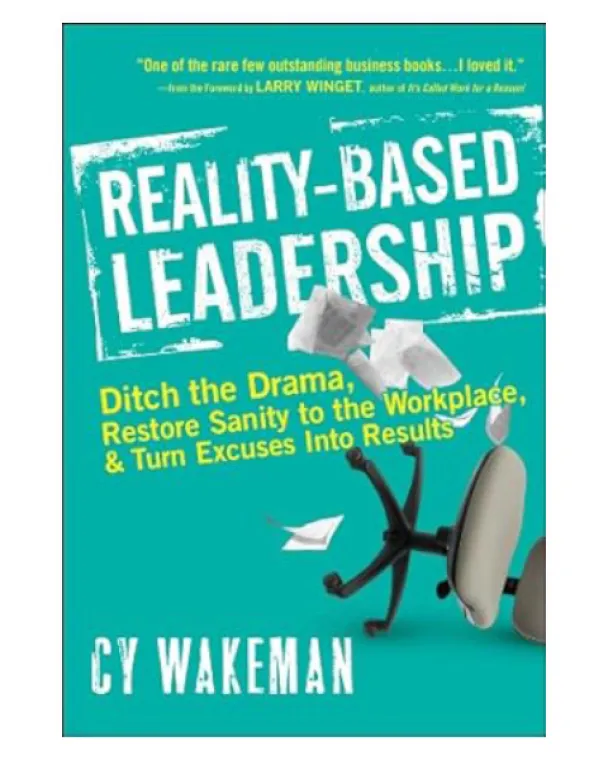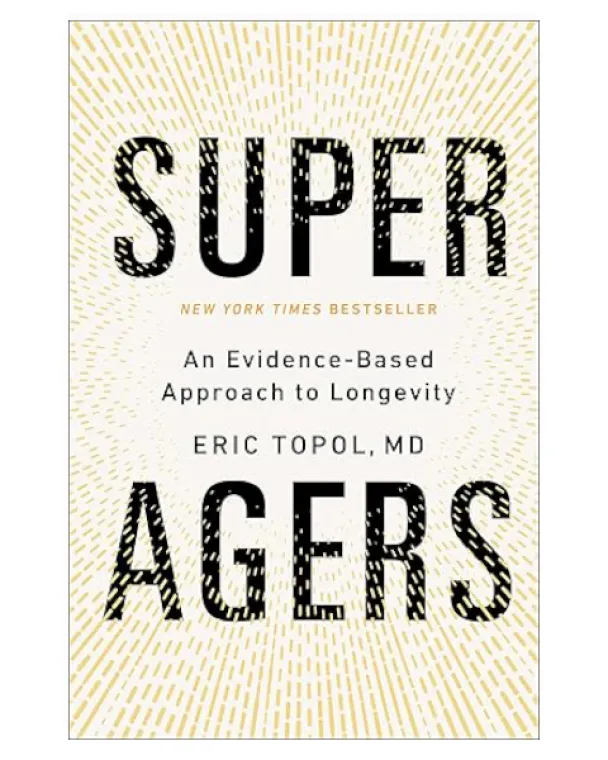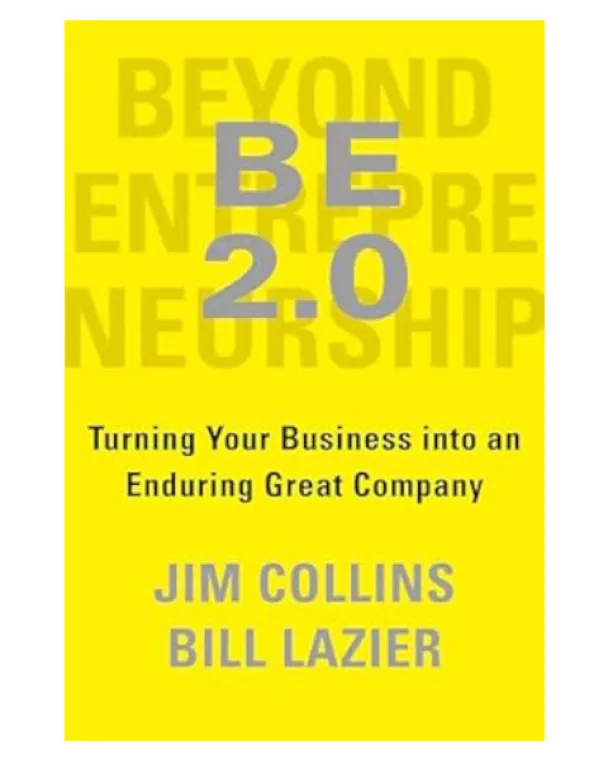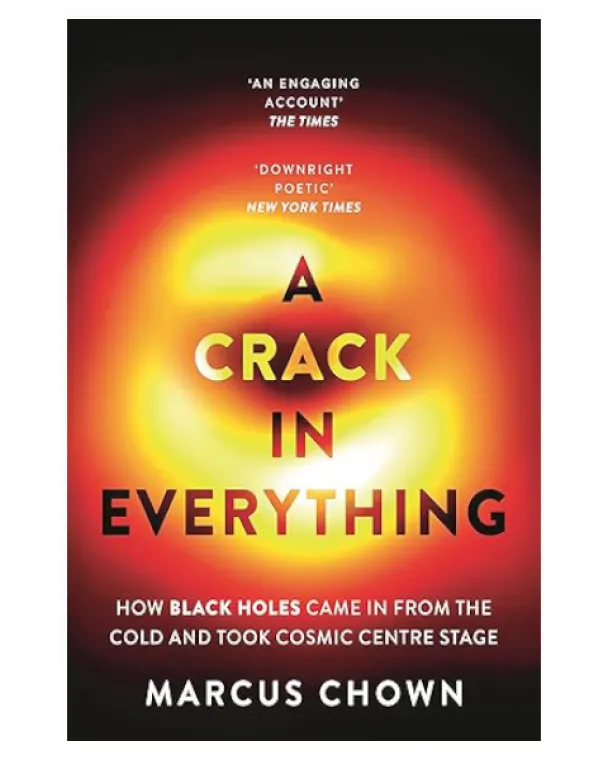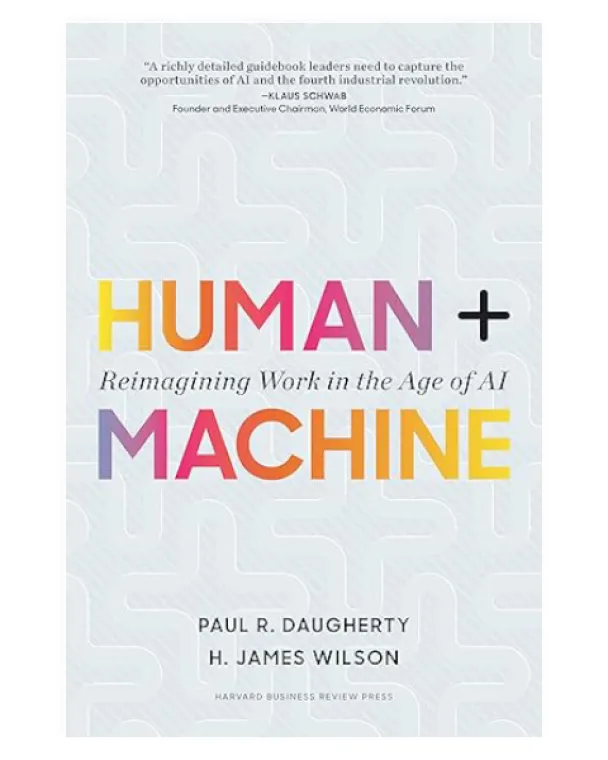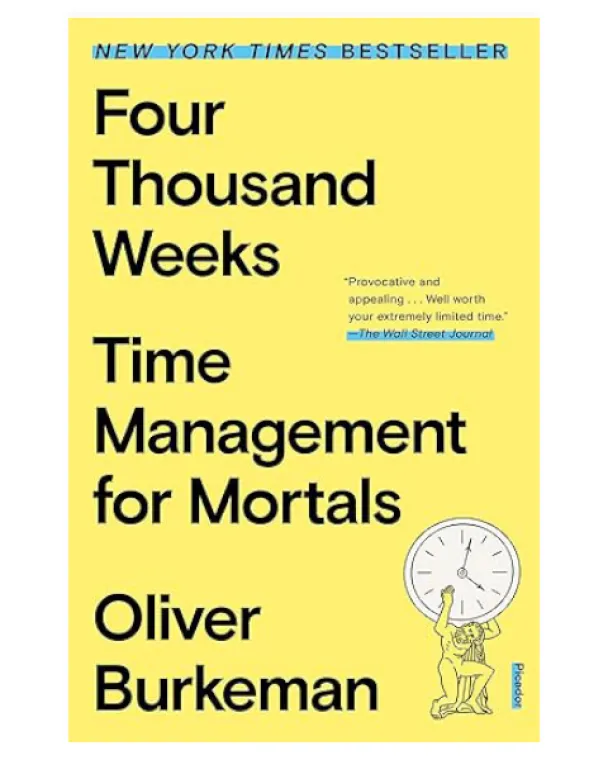When we heard that Dr. Elias Zerhouni—renowned physician-scientist, former Director of the NIH, and a valued member of our Board of Directors—was writing a book, we ordered hundreds of advance copies to share across Danaher. The book, called Disease Knows No Politics, is out this month, and its insights truly offer lessons for everyone, regardless of political perspective. Dr. Zerhouni brings decades of scientific and global health leadership to a powerful and timely reflection on the challenges facing healthcare. We’ve been inspired not only by the book itself, but by the thoughtful conversations it has sparked across our organization.
To build on that momentum, I invited close colleagues to share other books that are shaping their thinking. I’m excited to share the results: our annual reading list, this year featuring a selection of leader-recommended books focusing on how individuals and organizations can adapt, lead, and thrive in rapidly evolving environments.

